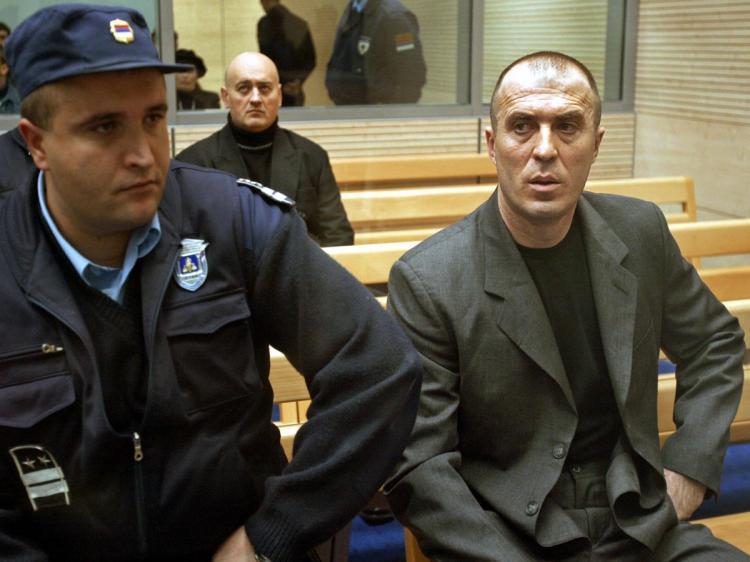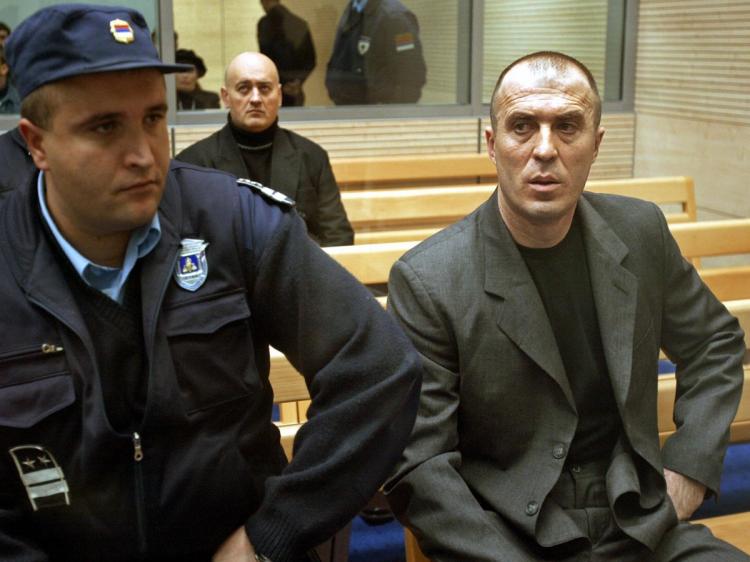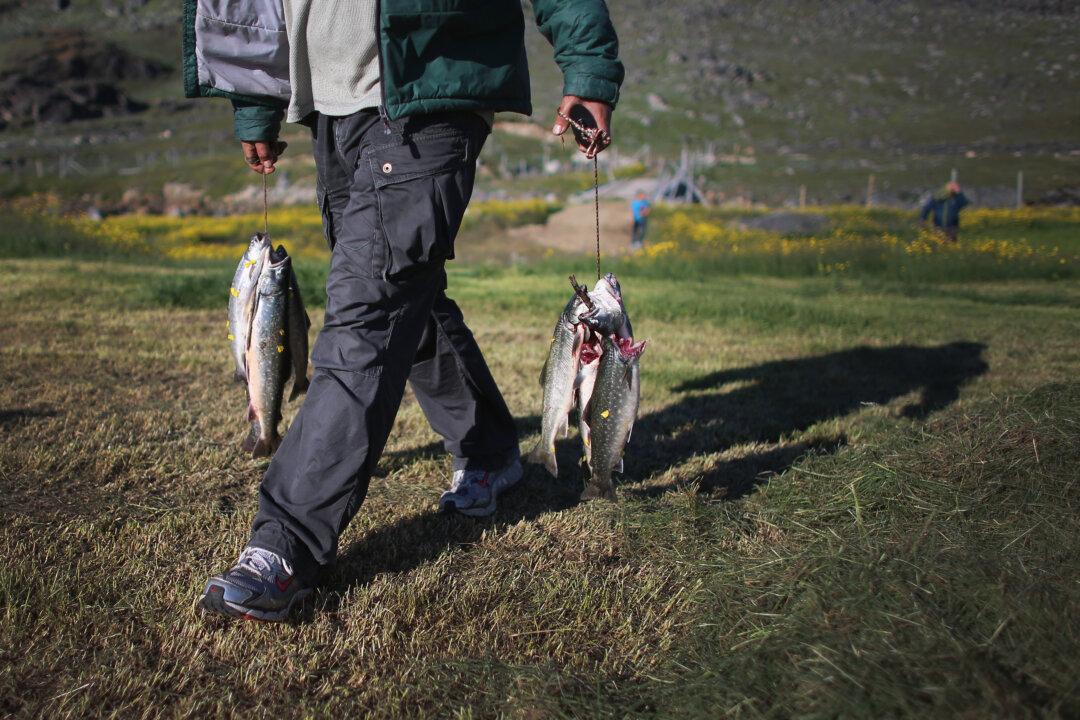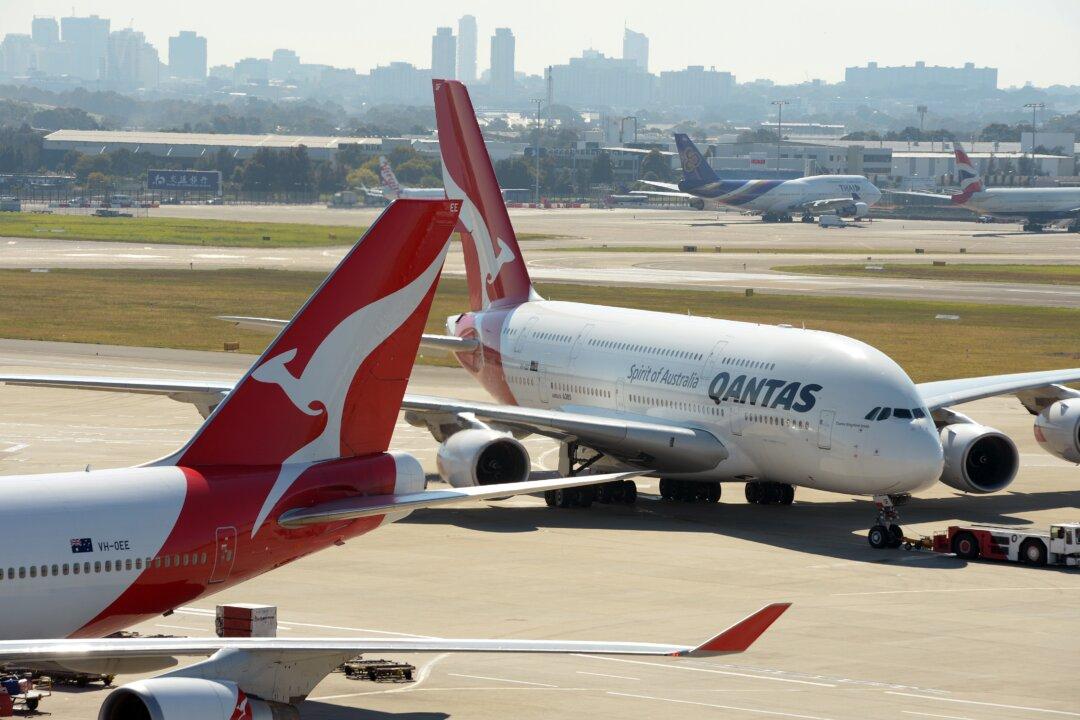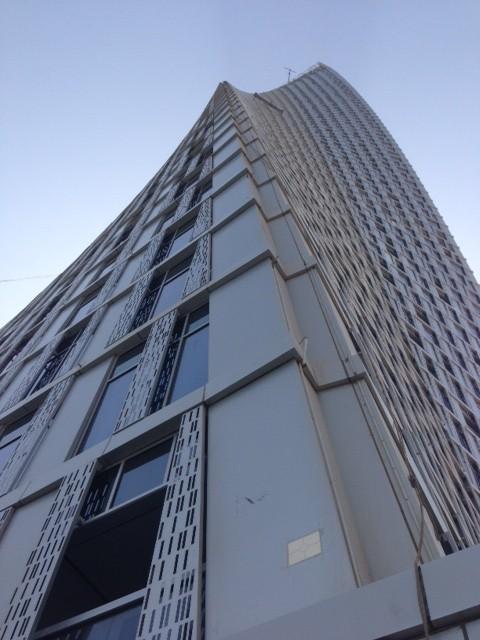War Criminals Find Safe Haven in U.K.
Alleged torturers and former members of military dictatorships around the world are escaping prosecution in the U.K.
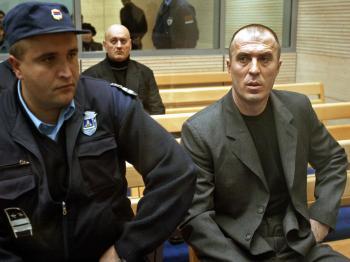
Police guarding prime suspect Zvezdan Jovanovic in Courtroom Number One of the Special Court for Trials Against Organized Crime in Belgrade December 22, 2003. Koca Sulejmanovic/AFP/Getty Images
|Updated:
